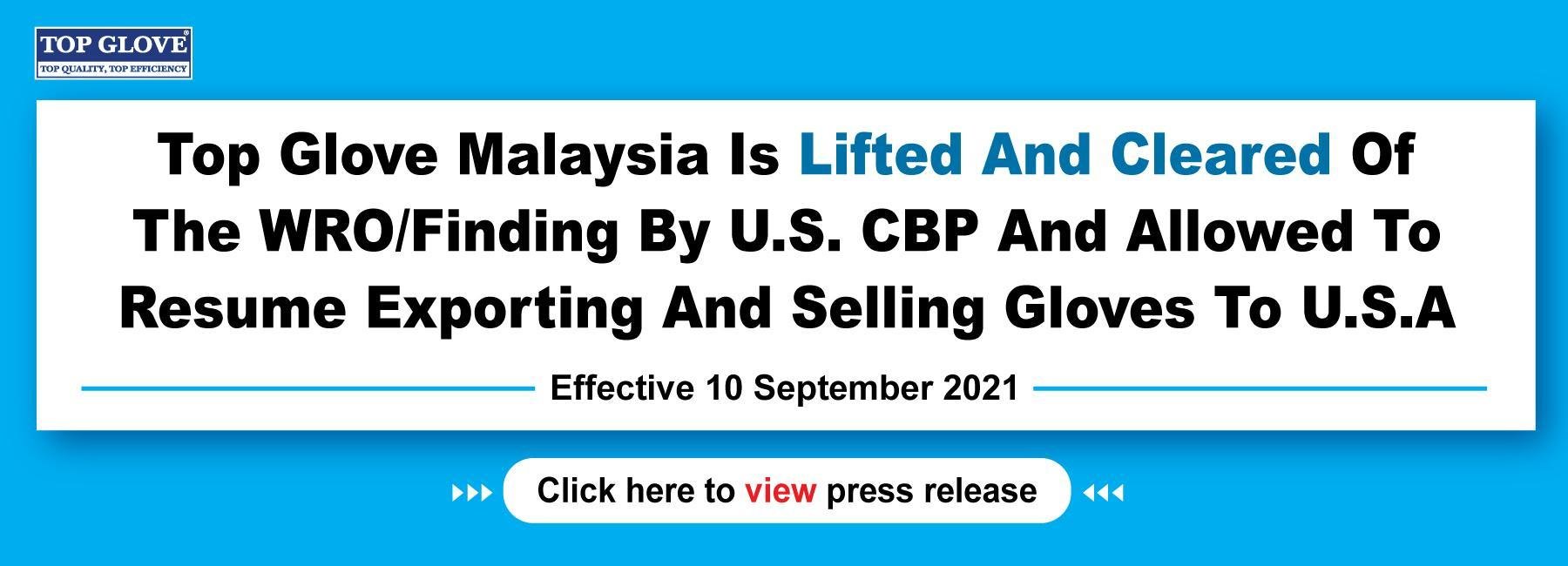BREXIT HAS INDIRECTLY BENEFITED TOP GLOVE, SAYS CHAIRMAN
28 June 2016 / 12:06
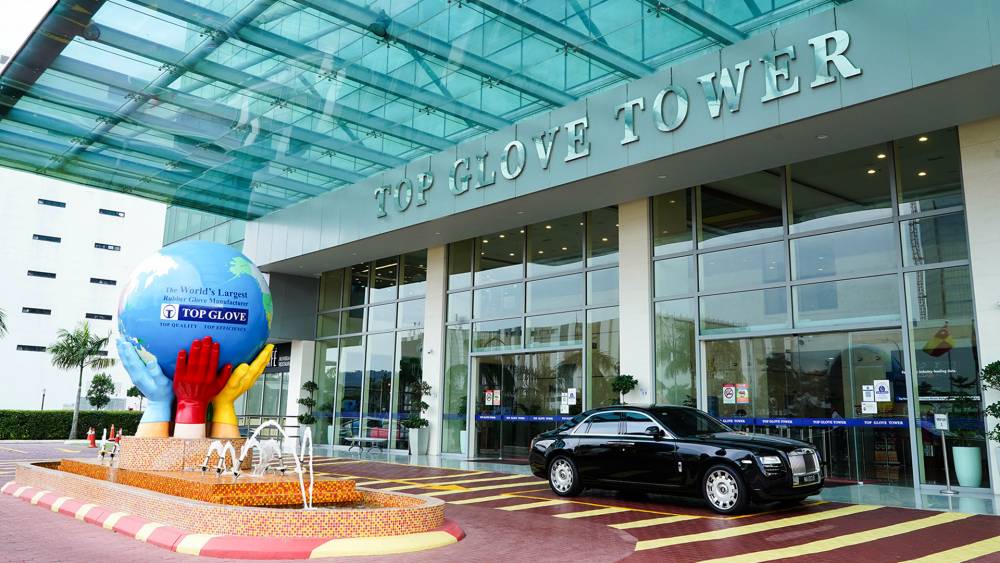
THE world's largest rubber glove manufacturer has made its trading debut on the local bourse.
Malaysia-listed Top Glove, which controls 25 per cent of the global demand for rubber gloves, made its debut on Singapore Exchange (SGX) at S$1.62 per share via a secondary listing.
The listing of Top Glove, which has a market capitalisation of S$2 billion, brings the total number of SGX-listed healthcare companies to 33, with a combined market cap of about S$38 billion.
While Top Glove is not in need of funds at present - its listing exercise does not involve the issuance of new shares - as it is in a net cash position, the firm is thinking of the longer term should the need arise, executive director Lim Cheong Guan told reporters at a media briefing.
The firm is expected to release S$20 million of shares in the open market on SGX over the next 12 months to create liquidity and trading activity.
Bursa Malaysia will remain the primary stock exchange on which Top Glove shares are listed.
Said Top Glove executive chairman Lim Wee Chai: "We are especially proud to be associated with an advanced and efficient country like Singapore. Aside from giving us access to the Singapore market, we view it as an opportunity for us to upgrade our quality, image and branding in the global arena."
Mr Lim weighed in on Britain's exit from the European Union as well, which has left global markets in disarray. He noted that Brexit has "indirectly benefited" Top Glove.
He said: "In any financial crisis or when the world is unstable, the US dollar is always strong. We invoice close to 100 per cent of our shipments of gloves in US dollars, so when the US dollar is strong, Top Glove benefits."
The glove maker, which manufactures 44.6 billion gloves annually and exports to over 190 countries, turned in a record RM2.51 billion (S$833 million) in revenue last year.
Its listing will provide a much-needed boost for the local bourse, which has been experiencing a dearth in initial public offerings and the delisting of big names like healthy-lifestyle products group OSIM International and traditional Chinese medicine group Eu Yan Sang International.
The Business Times



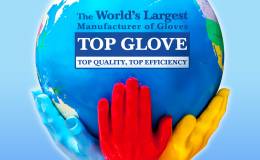

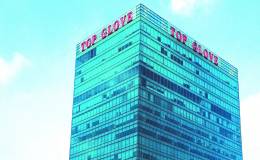
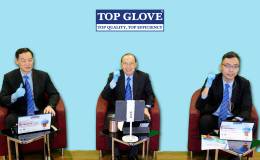

.jpg)

.png)
.png)
.png)
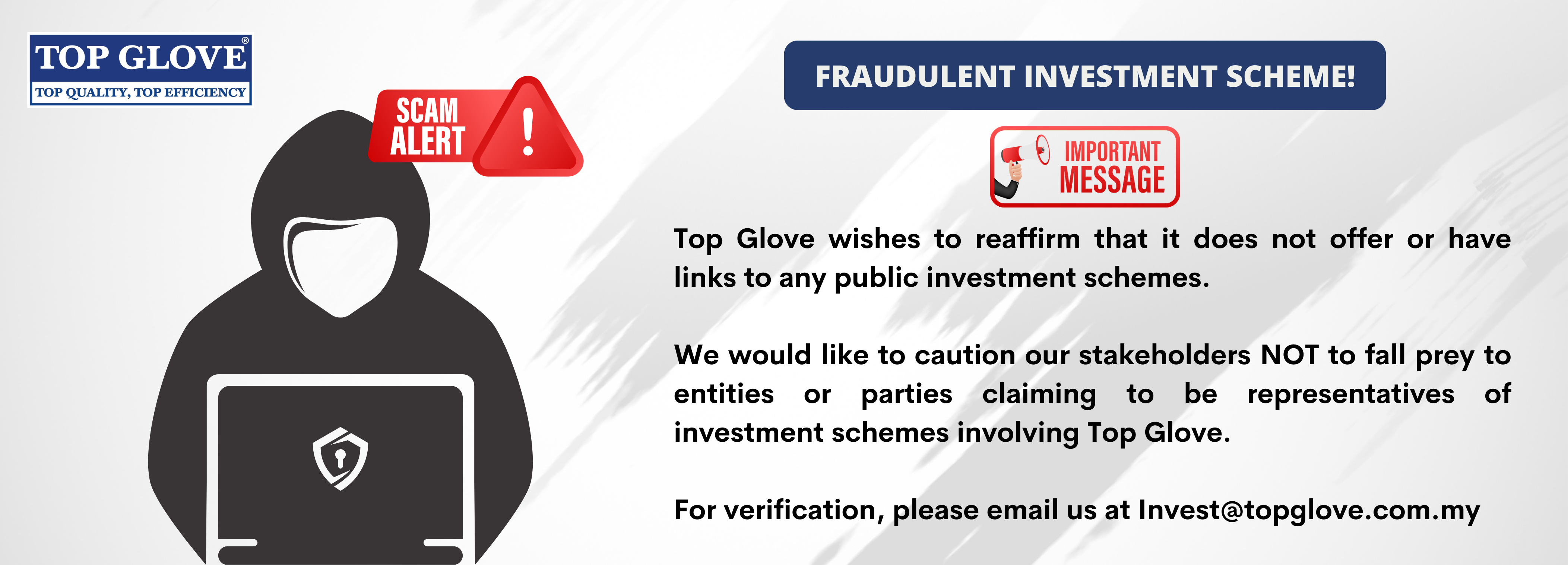
.png)
.png)
